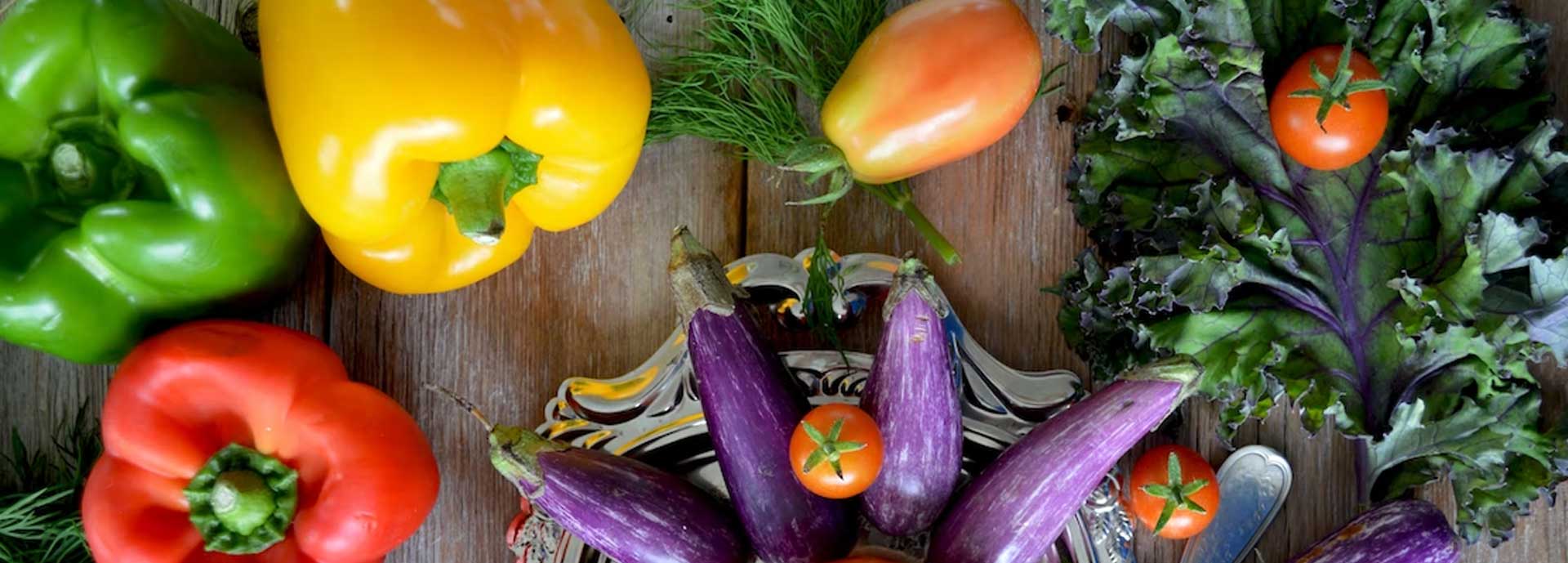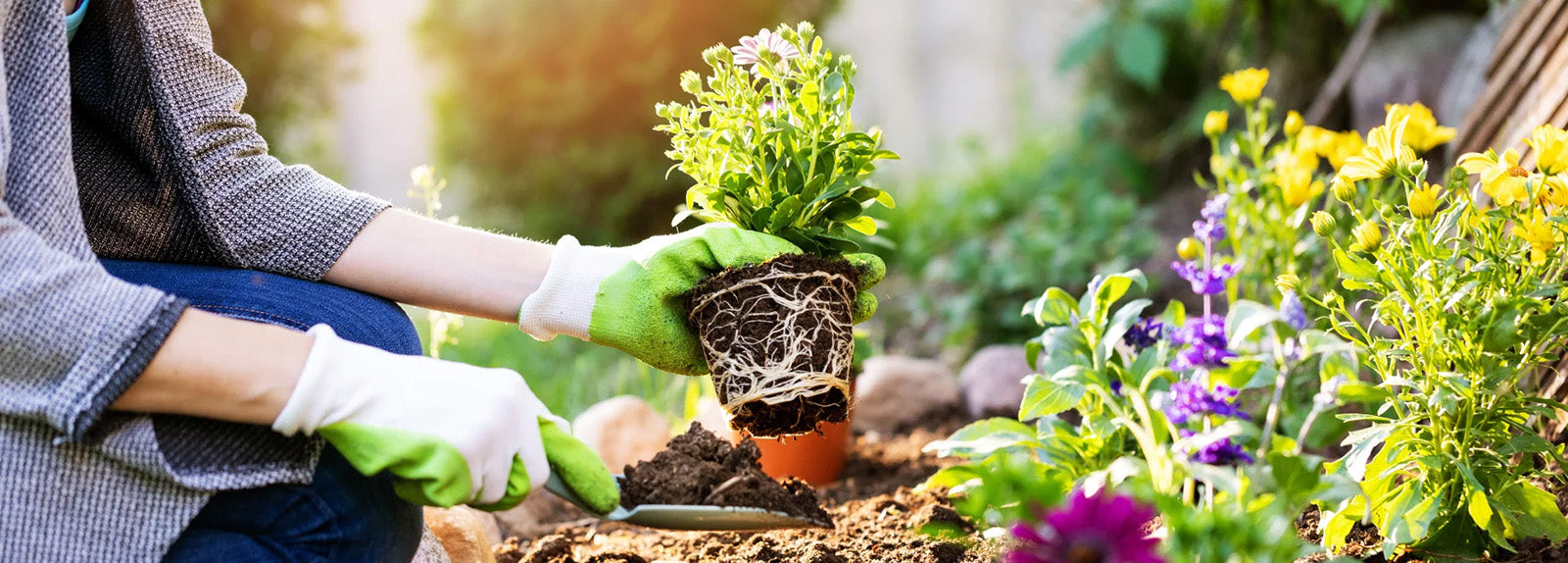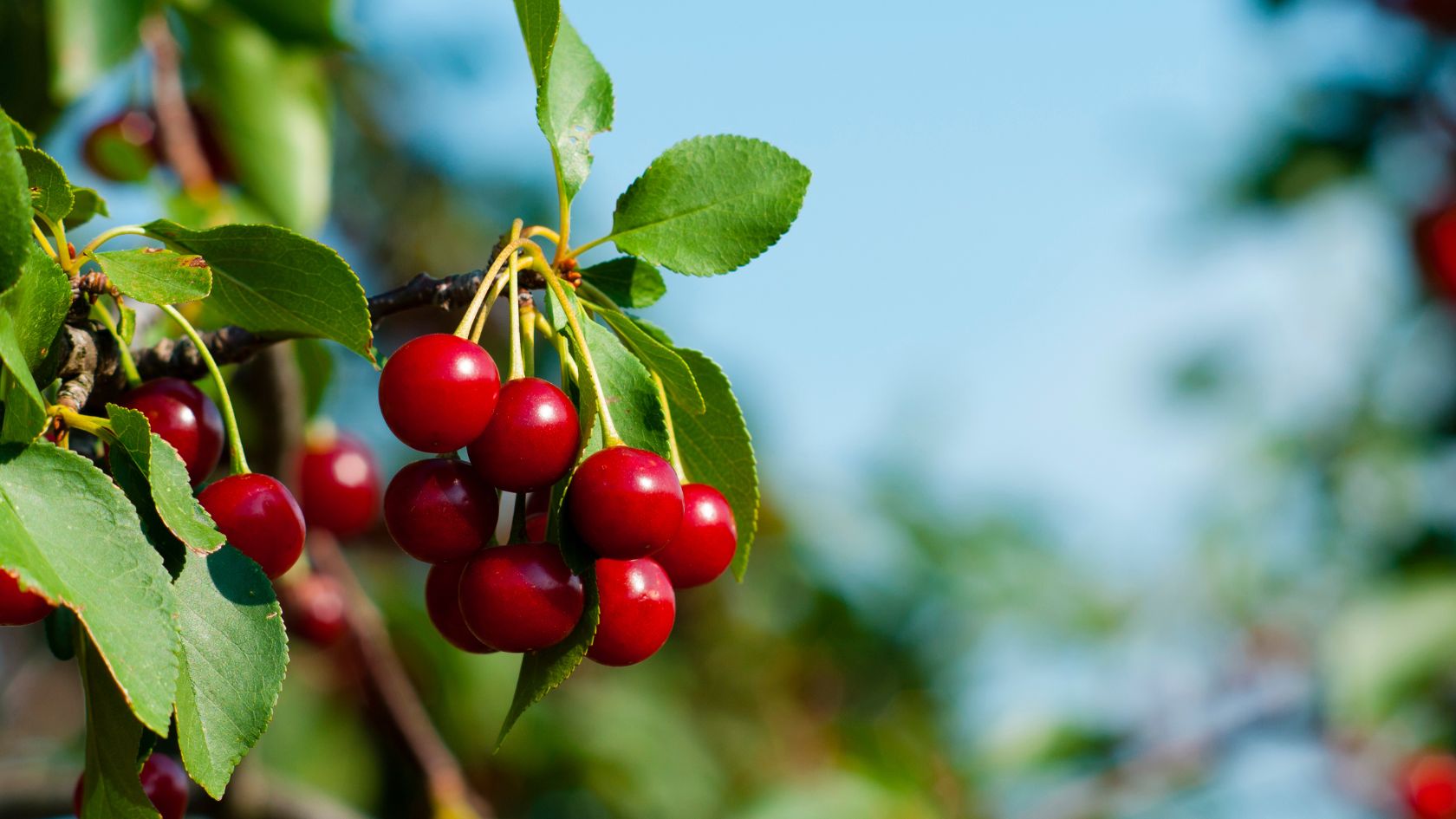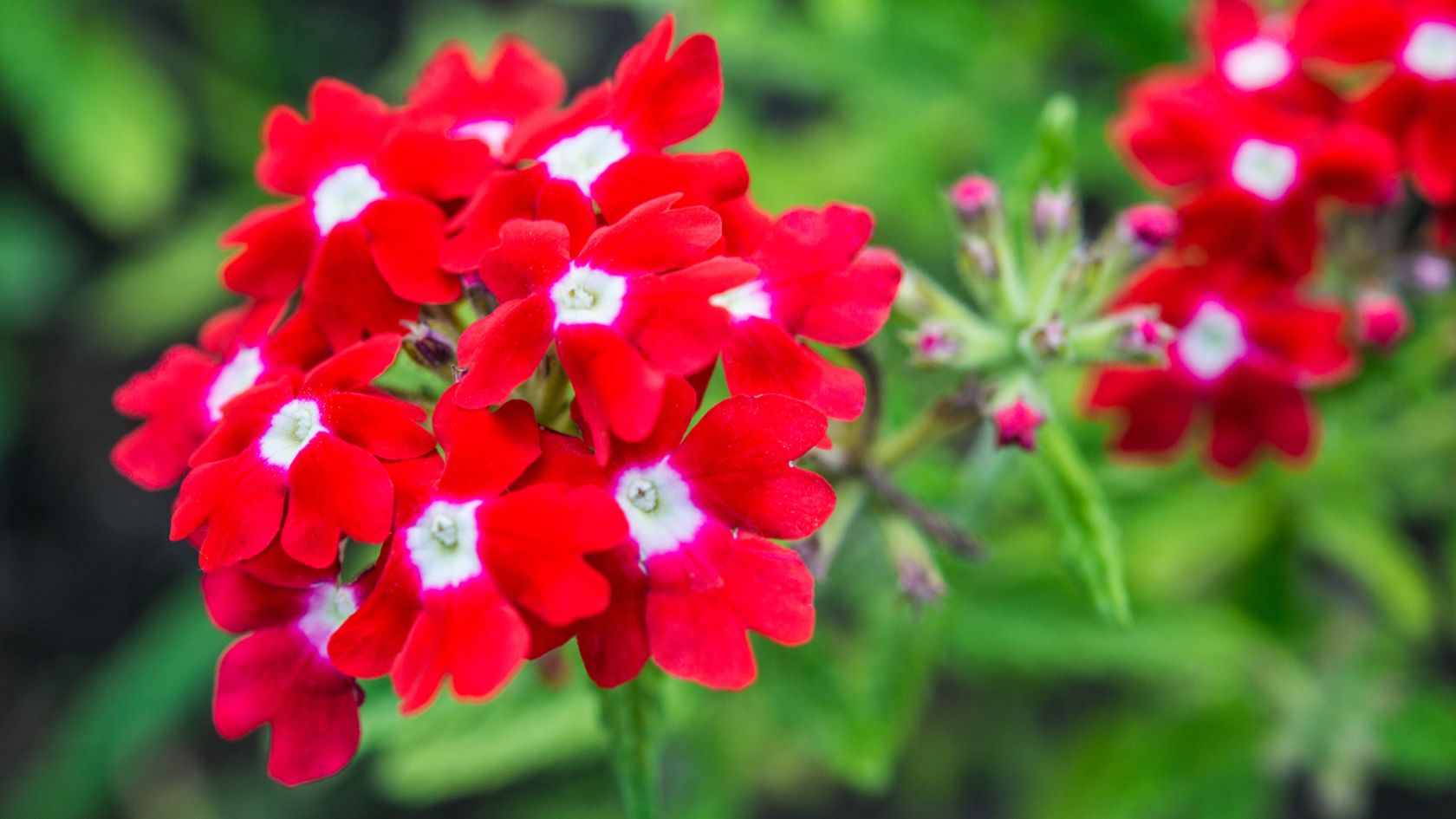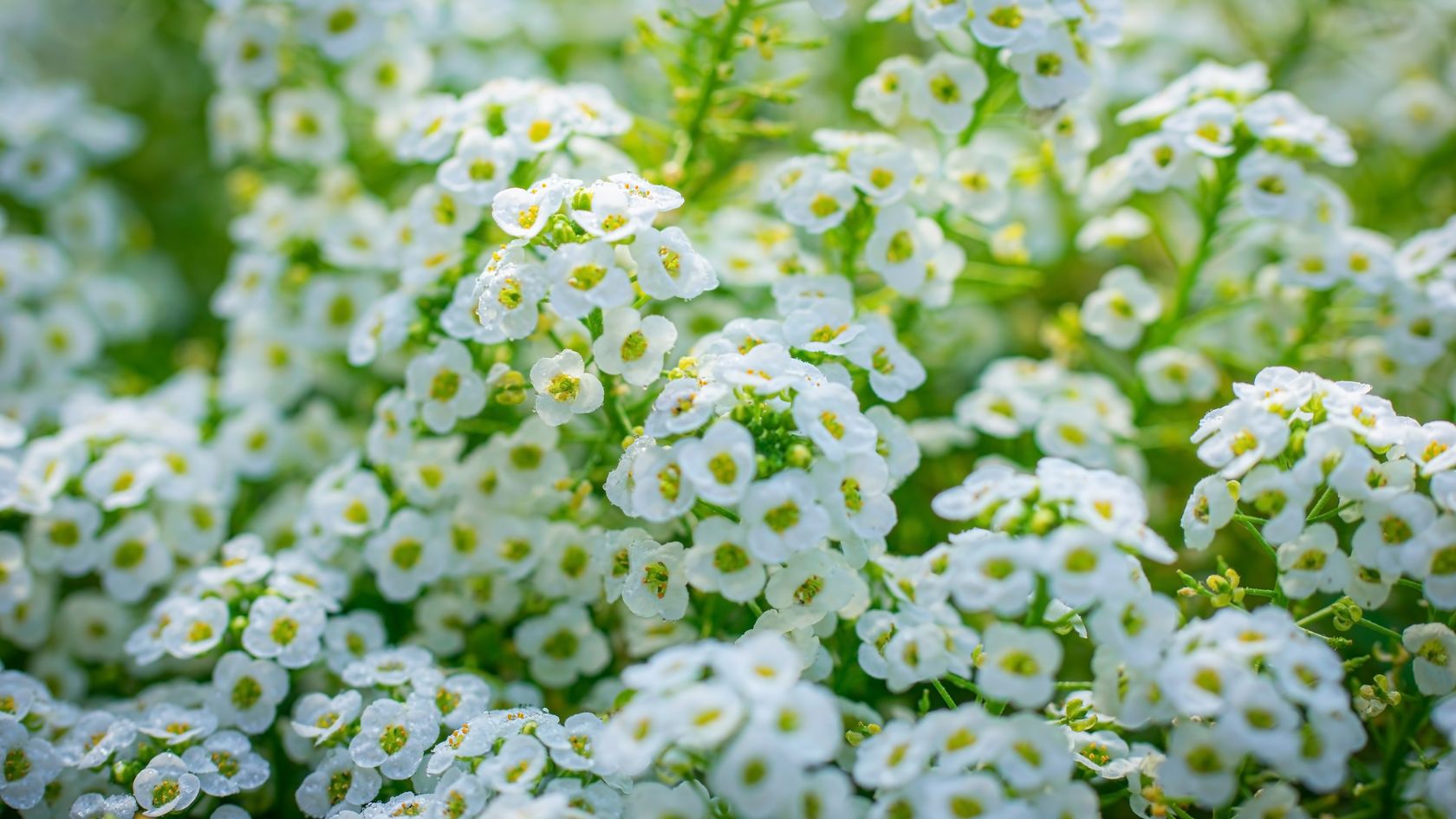Growing a vegetable garden can be a rewarding and enjoyable experience, but it can also be a bit challenging, especially for beginners. However, with the right knowledge and techniques, you can have success with your vegetable garden and enjoy fresh, healthy produce all season long.
Here are some tips to help you have success with your vegetable garden:
- Choose the right location: The location of your vegetable garden is crucial for its success. Make sure to choose a spot that gets at least 6 hours of sunlight per day and has well-drained soil. Avoid low-lying areas that are prone to flooding or frost pockets.
- Plan your garden: Before you start planting, take the time to plan your garden. Consider factors such as crop rotation, companion planting, and the size of each vegetable. This will help you avoid overcrowding and ensure that your plants have enough space to grow.
- Prepare the soil: Proper soil preparation is key to a successful vegetable garden. Test your soil for pH and nutrient levels and amend it as needed. Add organic matter such as compost or well-rotted manure to improve the soil structure and fertility.
- Choose the right plants: Choose vegetable varieties that are well-suited to your local climate and soil conditions. Look for plants that are disease-resistant and have a short growing season if you live in a cooler climate. Also, consider the space you have available and choose plants accordingly.
- Water and fertilize: Vegetable plants need regular watering and fertilization to thrive. Make sure to provide your plants with the right amount of water and fertilize them according to their specific needs. Use a balanced fertilizer or compost tea to provide a variety of essential nutrients.
- Pest and Disease Control: Keep an eye out for pests and diseases that can harm your vegetable plants. Regularly inspect your plants for signs of infestation or disease and take action immediately if you notice anything. Use organic pest control methods such as neem oil or horticultural oil to control pests and diseases.
- Harvest at the right time: Timing is crucial when it comes to harvesting your vegetable. Make sure to harvest your vegetables at the peak of ripeness for the best flavor and nutritional value.
- Keep records: Keep records of what worked and what didn't in your garden. This will help you plan for the next growing season and make adjustments as needed.
Remember that gardening is a process, and it takes time to learn and improve. With patience and persistence, you can have a successful vegetable garden that provides you with fresh, healthy produce all season long.
Happy Gardening!






